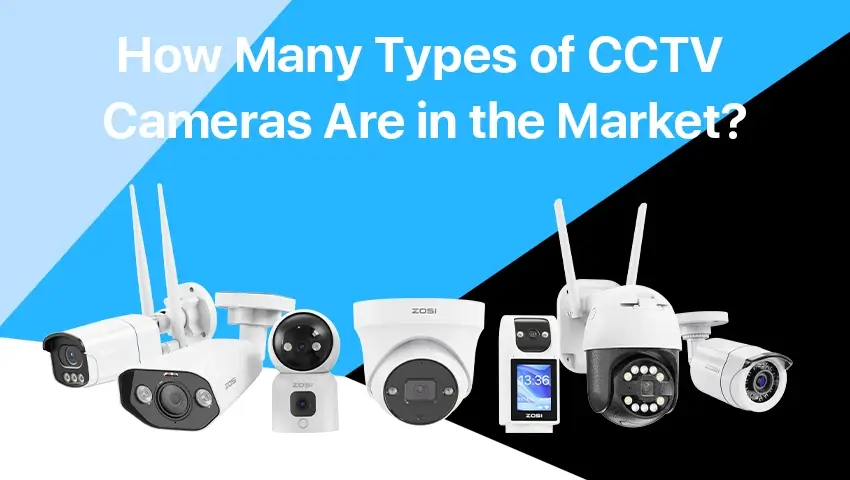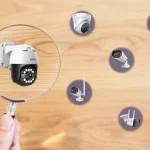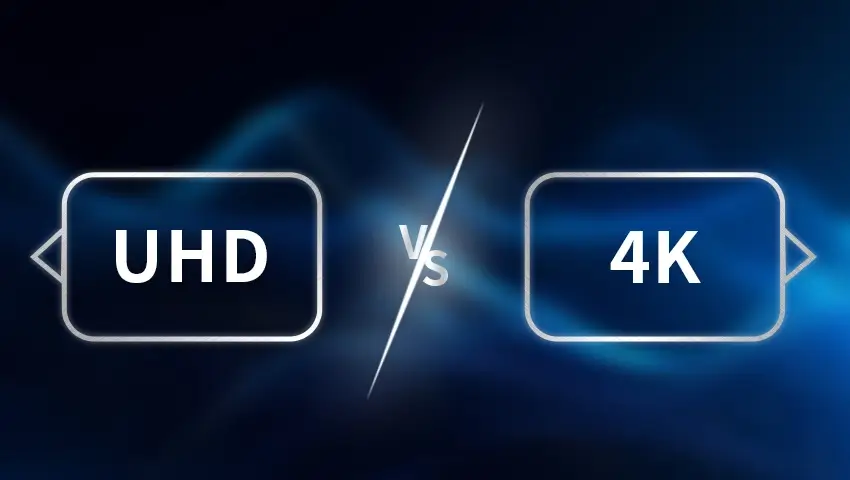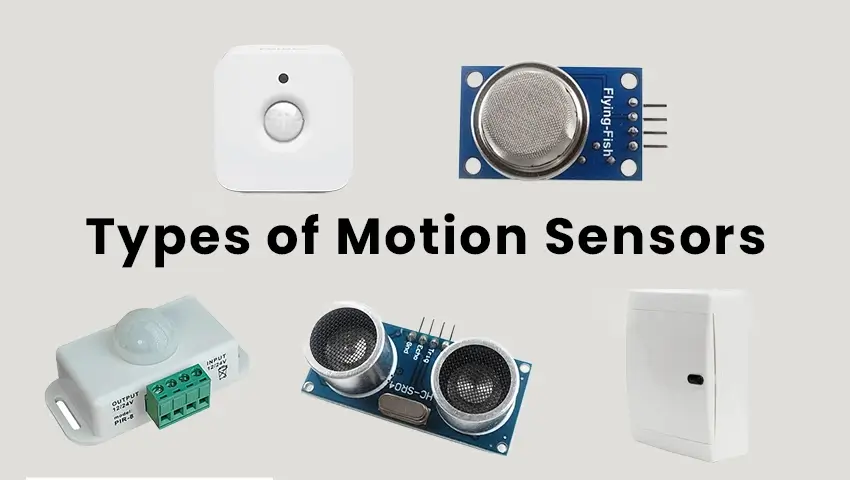In today’s world, security is a top priority for both homes and businesses. CCTV cameras play a crucial role in providing round-the-clock surveillance, deterring criminal activity, and keeping your property safe. With the advancement of technology, the CCTV camera market offers a wide range of options to cater to different needs. Whether you are securing a small apartment, a large office, or an expansive industrial site, there is a CCTV camera suited for every situation.
Contents
Common CCTV Camera Types
There are several types of CCTV cameras available, each designed for different environments and use cases:
1. Bullet Cameras
Bullet cameras are one of the most commonly used types of CCTV cameras. They have a sleek, cylindrical shape, and are typically installed outdoors for wide-area surveillance. Bullet cameras are ideal for monitoring driveways, parking lots, or building entrances. They often come with features such as infrared night vision for low-light environments.
2. Dome Cameras
Dome cameras are smaller, discreet cameras that can be used both indoors and outdoors. Their dome-shaped casing makes them less noticeable and harder to tamper with, which is why they are often used in commercial spaces. They are also vandal-resistant, making them suitable for areas with high foot traffic or potential for damage.
3. PTZ Cameras
PTZ cameras (Pan-Tilt-Zoom) are high-tech cameras designed for larger areas. These cameras can rotate 360 degrees (pan), tilt up and down, and zoom in on specific areas. PTZ cameras are great for monitoring vast outdoor areas like parking lots, stadiums, or campuses, where constant manual adjustments would otherwise be necessary.
4. IP Cameras
IP cameras (Internet Protocol) are network-based cameras that can transmit footage over the Internet, making them perfect for remote surveillance. These cameras are highly customizable and provide high-definition video quality, making them suitable for more advanced surveillance needs. With IP cameras, you can access the footage remotely through smartphones or computers, adding flexibility to your security system.
5. Wireless Cameras
Wireless CCTV cameras are designed for easy installation and convenience. They eliminate the need for complex wiring, making them ideal for homeowners or renters who prefer a DIY setup. Despite their ease of installation, many wireless cameras offer features similar to those of wired systems, such as motion detection and high-definition video quality.
Choosing the Right Camera for Your Needs
When selecting a CCTV camera, it’s essential to consider several factors to ensure you get the best solution for your security needs:
1. Consider the Environment
The environment in which the camera will be placed plays a critical role in your decision-making. Bullet and dome cameras are typically suited for different areas, such as outdoor or indoor use, respectively. Additionally, the level of security required and your budget should guide your choice.
2. Ease of Installation
If you are looking for an easy setup, wireless and IP cameras are great options. These cameras are designed for DIY installation, with minimal wiring and setup required. For more complex systems, wired and PTZ cameras might be better suited, but they generally require professional installation.
FAQs
1. Which CCTV Camera Is Best for Home Security?
For home security, dome and wireless cameras are popular choices due to their discreetness and ease of installation. IP cameras also provide excellent video quality and remote access.
2. Can I View CCTV Remotely?
Yes, with IP cameras, you can access your CCTV footage remotely from your smartphone or computer, providing flexibility and convenience.
3. How Long Do CCTV Cameras Last?
CCTV cameras can last for several years with proper maintenance. On average, cameras can last anywhere from 3 to 10 years, depending on the quality and usage.
Conclusion
In summary, the CCTV camera market offers a variety of options, including bullet, dome, PTZ, IP, and wireless cameras, each designed to meet specific needs. Understanding the differences between these types will help you choose the right camera for your security requirements. Whether you need to secure a small space or a large facility, there is a CCTV camera out there that fits your needs and budget. Always evaluate your environment and installation preferences before making a final decision.





